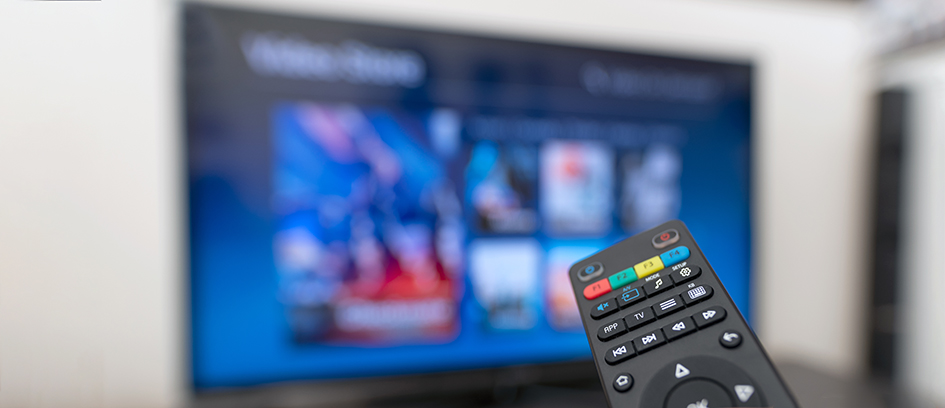What’s the Difference Between Network TV, Cable, and Streaming? – Central Casting
Mục Lục
What’s the Difference Between Network TV, Cable, and Streaming?
JUNE 15, 2020

Whether you’ve been a Background Actor for years or have an interest in working in television, part of being successful is understanding how the industry works. At Central Casting, you have the opportunity to work on all kinds of productions, from TV sitcoms to summer blockbusters.
According to The New York Times, the amount of scripted television has more than doubled in the last ten years, reaching 532 shows in 2019. So where does your work end up after you leave set? Here’s a look at how TV shows are uniquely distributed across the television landscape.
Networks
In the United States, the networks (also known as broadcast television) are ABC, NBC, CBS, FOX, and The CW. Like radio, these networks are nationally transmitted through local affiliates or owned-and-operated stations and can be picked up through a TV antenna. Of course, now viewers can also access them digitally or through cable providers.
Since the networks are nationally broadcast over public channels, they are subject to federal regulations and oversight from the Federal Communications Commission (FCC). Ever wonder why these channels only air a few hours of programming each night? This is due to federal regulations and agreements with affiliates. ABC, NBC, and CBS typically air primetime content between 8-11pm while FOX and The CW air shows from 8-10pm.
All content services profit through various means, but the broadcast networks primarily make revenue by selling advertising space (commercials) during their programming blocks. That’s one of the reasons why ratings and demographics are so important to networks – they determine how much they can charge for an ad slot.
Cable
Like broadcast TV, cable gets its name by how it’s transmitted to you, which is through coaxial or fiber-optic cables. Unlike networks, cable channels, like AMC, USA, TNT, FX, Freeform, etc., are not tied to local affiliates and have control over their full 24 hours of programming. These channels also make money through ad revenue, so while they often still debut original programming during the Sunday-Friday primetime slots, they supplement with re-airings and acquired content.
Premium cable
Premium cable channels (HBO, SHOWTIME, STARZ, etc.) require subscriptions that can be added to your existing cable package or, more recently, can be accessed digitally. Since these channels rely on subscriptions and not ad revenue, they don’t air commercials during their programming.
Streaming
Content from streamers is accessed and viewed via the internet directly from the service’s platform. In many cases, streaming services like Netflix, Hulu, Amazon Prime, etc., act more like digital content libraries than traditional channels. While each service is different, many offer a mix of original and acquired content with new shows accessible at midnight instead of at a designated time like network and cable channels.
While streaming is a big part of our television experience, it’s still relatively new to the TV landscape. Over the last year, many new services debuted including AppleTV+, Disney+, and HBO Max, with Peacock scheduled to release July 15, 2020.
Mobile
As the entertainment industry continues to evolve, new ways to develop and release content are constantly being explored. Some services, like Quibi and Snapchat, follow a streaming model, but make content that is exclusively designed to be watched on a mobile device.
At Central Casting, you have the opportunity to work on projects that air on a variety of platforms. Check out our credits section to see some of our recent movies and TV shows. To make sure you’re ready to get back on set, read through our articles How to Be Prepared When Production Resumes and New Background Acting Skills You Can Learn Now.
Which service do you use the most to watch TV shows?
- Network
- Cable
- Premium cable
- Streaming service
- Mobile
- I don’t really watch TV
- I use a mix of all of them
View Results















![Toni Kroos là ai? [ sự thật về tiểu sử đầy đủ Toni Kroos ]](https://evbn.org/wp-content/uploads/New-Project-6635-1671934592.jpg)


